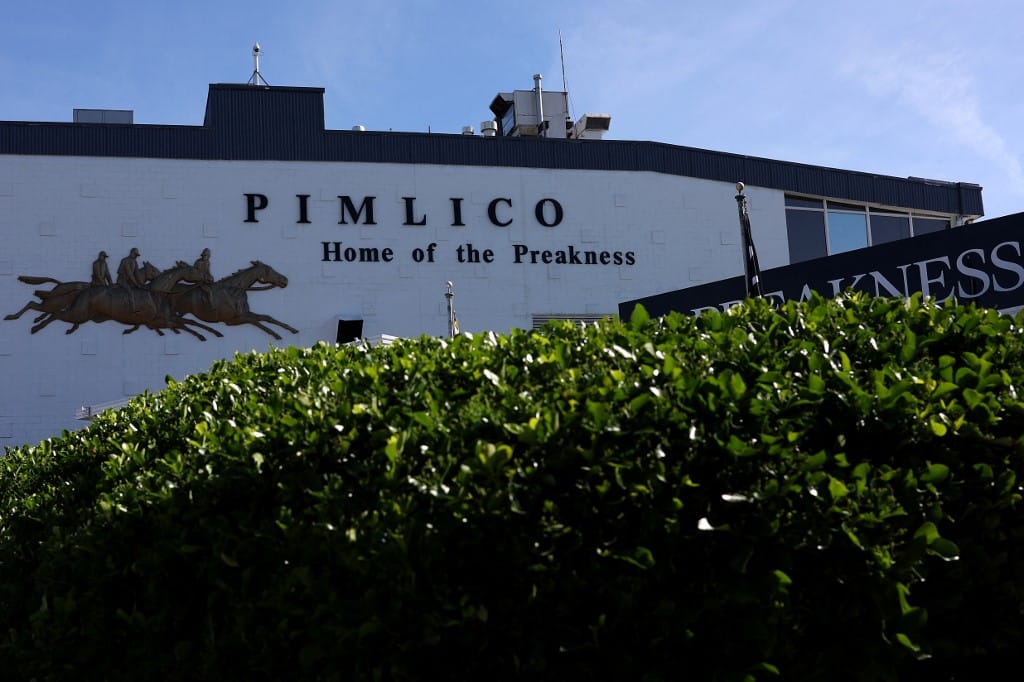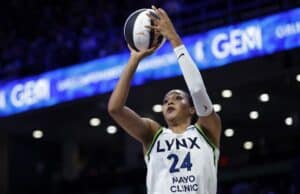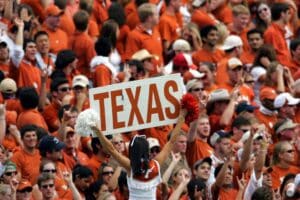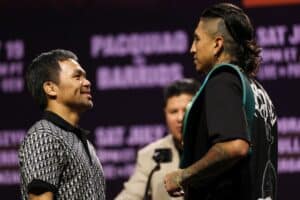
You have watched the Kentucky Derby and you have seen all the pomp and circumstance that leads up to the race. The Preakness Stakes has its own character, far different from what goes on at Churchill Downs.
This is good because we don’t need it like network television today where they all have “Law and Order” brand shows where essentially it’s the same thing with a different title twist.
Let’s say you placed your first horse racing bet for this year’s Kentucky Derby or you have done so in the last couple of years. You know the Preakness is different, you are just not sure in which ways.
Below, we put together a list of the 2022 Preakness Stakes including the horses in the running with their post position, jockey, and morning-line betting odds (Source TVG):
| Post | Horse | Jockey | ML |
| 1 | Simplification | John Velazquez | 6-1 |
| 2 | Creative Minister | Brian Hernandez Jr | 10-1 |
| 3 | Fenwick | Florent Geroux | 50-1 |
| 4 | Secret Oath | Luis Saez | 9-2 |
| 5 | Early Voting | Jose Ortiz | 7-2 |
| 6 | Happy Jack | Tyler Gaffalione | 30-1 |
| 7 | Armagnac | Irad Ortiz Jr. | 12-1 |
| 8 | Epicenter | Joel Rosario | 6-5 |
| 9 | Skippylongstocking | Junior Alvarado | 20-1 |
Horse Racing Betting Tips
The Number of Horses Is Completely Different
In 1975, after deciding too many horses were being entered into the Derby the past few years, Churchill Downs capped the amount at 20.
The first 150-200 yards are often chaotic, as the jockeys are trying to maneuver their horses into lanes a little off the rail, which can often hinder these animals from racing hard by feeling crowded.
At Pimlico, the track’s actual name in Maryland, all the hope of winning the Derby is left to one horse, and reality sets in. The field is usually about 9 to 12. This makes for a truer start and less congestion.
What is most likely to happen is the best horse on that day wins the race, based on speed and the cunning of the jockey. Though this comparison might be over the top, it’s like the difference between the start of a 100-yard dash compared to a marathon.
The Distance Is Different and so Is the Track Itself
The Kentucky Derby is in the middle of the Triple Crown races by distance at one and quarter miles (10 furlongs), compared to the Preakness which is shortest at 1 3/16 miles or 9.5 furlongs.
If that difference in distance does not sound like much, ask any horse bettor how many races they have won compared to losing in a half a furlong. That 1/16 of a mile can allow a front runner to hang on and win compared to running out of steam and possibly being passed at the wire.
Though Pimlico and Churchill Downs use the same type of dirt for horse racing, the dirt is firmer at Pimlico, which gives horses greater traction, which in turn means more speed.
The fastest horse coming into the race doesn’t always win, but it is normally one known for speed.
Fewer Horses Doesn’t Mean Less Handicapping
With Kentucky Derby champions no longer a guarantee to run two weeks later in the Preakness, you often get a new batch of horses that are fresher that have been targeted to run in this race for various reasons instead of at Churchill.
Horses rarely run three races in five weeks anymore and owners and trainers are more likely to value their assets instead of extending them.
Annually, a group makes the trek from one track to the other. At the same time, after seeing the results at the Derby, game plans are formulated or determined that a barn may have a horse that is primed for a strong outing at this distance, and the workouts of a breeze (moderate speed) or a bullet (top speed at a given distance).
Horse bettors have to surmise what those coming from Kentucky will do based on that race and prior races to see how they match up. With the new horses, you have to figure out how they could run against the Derby winner or one or more that finished in the top three and compare their past efforts and speed ratings and see how they might do in Pimlico.
In conclusion, you have a horse race with fewer participants, a shorter race built for speed, and a different blend of horses. Good luck.







